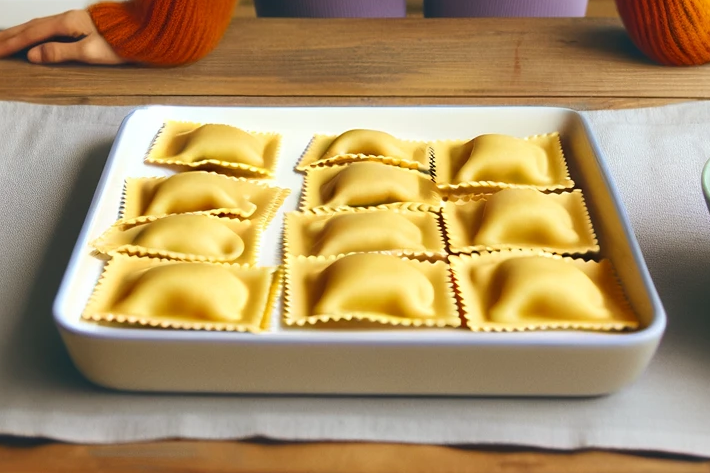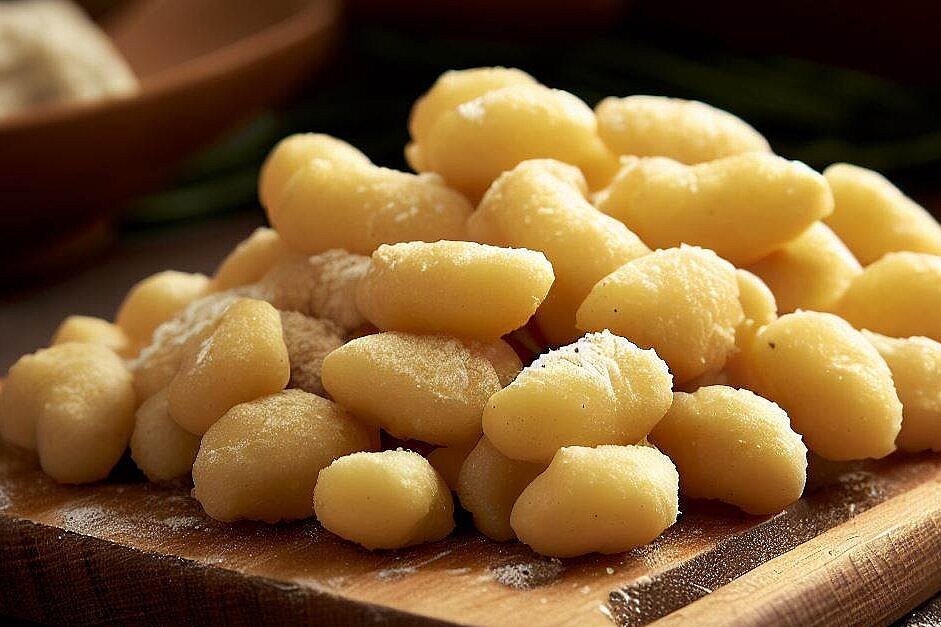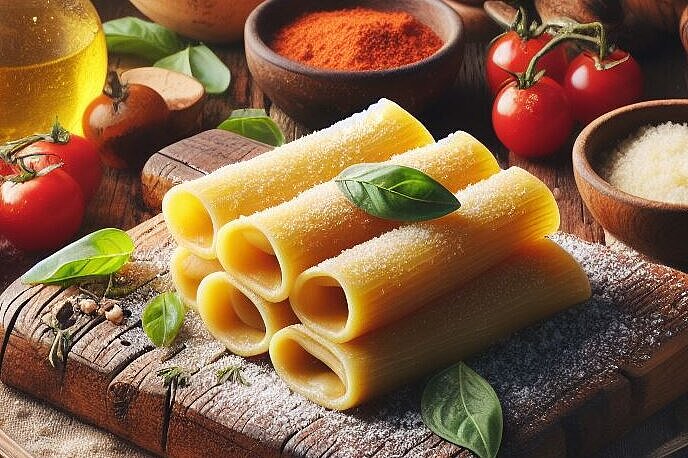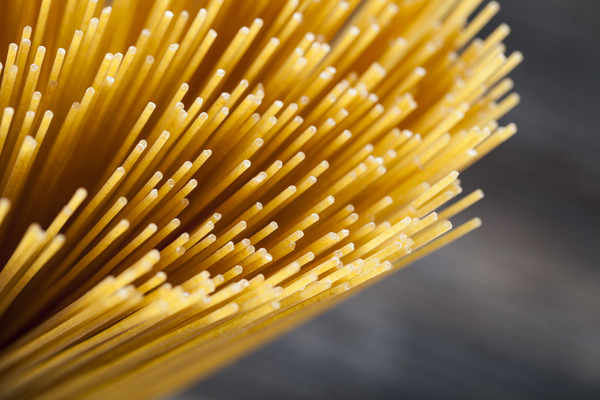Tortellini

Tortellini, those little ring-shaped noodles filled with the most delicious ingredients to be found in Italian cuisine, not only delight human hearts, but often catch the attention of our four-legged friends too. However, as tempting as it may be to share this culinary delight with our dogs, it is crucial to be aware of the effects of such human foods on their health. This article delves into the world of tortellini, looks at what makes them tick and evaluates the potential pros and cons of feeding them to dogs.
What is tortellini?
Tortellini are a type of pasta that originated in the Italian region of Emilia-Romagna. These small pasta pockets are traditionally filled with meat, cheese or vegetables and are often served in broth or accompanied by a sauce. The variety of fillings and preparation methods makes tortellini a versatile dish that enjoys worldwide popularity.
Tortellini and dogs: a complicated relationship
Possible benefits
Nutritional content
In some cases, the ingredients in tortellini fillings, such as meat and certain vegetables, can provide useful nutrients for dogs. Proteins are important for building muscle, while vegetables can contribute vitamins and minerals.
Disadvantages and risks
Spices and onions
Many tortellini recipes contain spices, garlic or onions, which are toxic to dogs. These ingredients can lead to indigestion, anemia or even serious health problems.
Lactose intolerance
Cheese fillings in tortellini can be problematic as many dogs are lactose intolerant. The consumption of dairy products can lead to gastrointestinal problems such as flatulence, diarrhea and vomiting.
Dough and carbohydrates
The pasta dough used to make tortellini is rich in carbohydrates and can lead to weight gain and associated health problems if consumed in excess. In addition, the simple carbohydrates in white flour pasta offer no nutritional benefit to dogs.
Salt and fat
Tortellini can contain high amounts of salt and fat which, if consumed in large quantities, are harmful to dogs. High salt consumption can lead to increased water intake, which in turn increases the risk of sodium ion poisoning, while high fat content can lead to pancreatitis.
Practical considerations
Occasional treats
If you do decide to offer your dog tortellini, it should be free from toxic ingredients and only serve as an occasional treat in very small quantities.
Alternative dog snacks
There are many safe and healthy alternatives to tortellini that have been developed specifically for the nutritional needs of dogs. These should always take precedence over human foods.
Despite their popularity in human cuisine, tortellini should be treated with caution when it comes to our dogs' diets. The potential risks associated with the ingredients and spices, as well as the problems that can arise from lactose, salt and fat, far outweigh any minor nutritional benefits they may offer. Ensuring your dog's health and safety means making conscious decisions about their diet and, when in doubt, opting for safe, dog-friendly alternatives. Ultimately, the love and care we give our dogs is the most valuable treat we can offer them.
If you notice any signs of hypersensitivity or poisoning in your dog, you should see your vet immediately. We are not a substitute for a vet, but we try to be as accurate as possible. Every dog reacts differently and we recommend you get a second opinion or consult your vet if in doubt.
Stay healthy and take good care of your four-legged friend!😊
Similar to Tortellini
Ravioli is a type of filled pasta that originated in Italy and can be prepared in many different ways. The fillings vary greatly and can include anything from ricotta and spinach to beef and...
Gnocchi can have several benefits for dogs when fed in moderation. On the one hand, they contain carbohydrates that provide energy and can stabilize blood sugar levels. Secondly, they are easy to...
Cannelloni are large, tube-shaped pasta that are typically filled with a filling of meat, spinach and ricotta or other cheeses and then baked in a tomato or béchamel sauce. This savory dish is...
Pasta is pasta made from flour, water and sometimes eggs. There are many different shapes and types of pasta, such as spaghetti, penne, macaroni or lasagne. Pasta is usually cooked and served with a...



